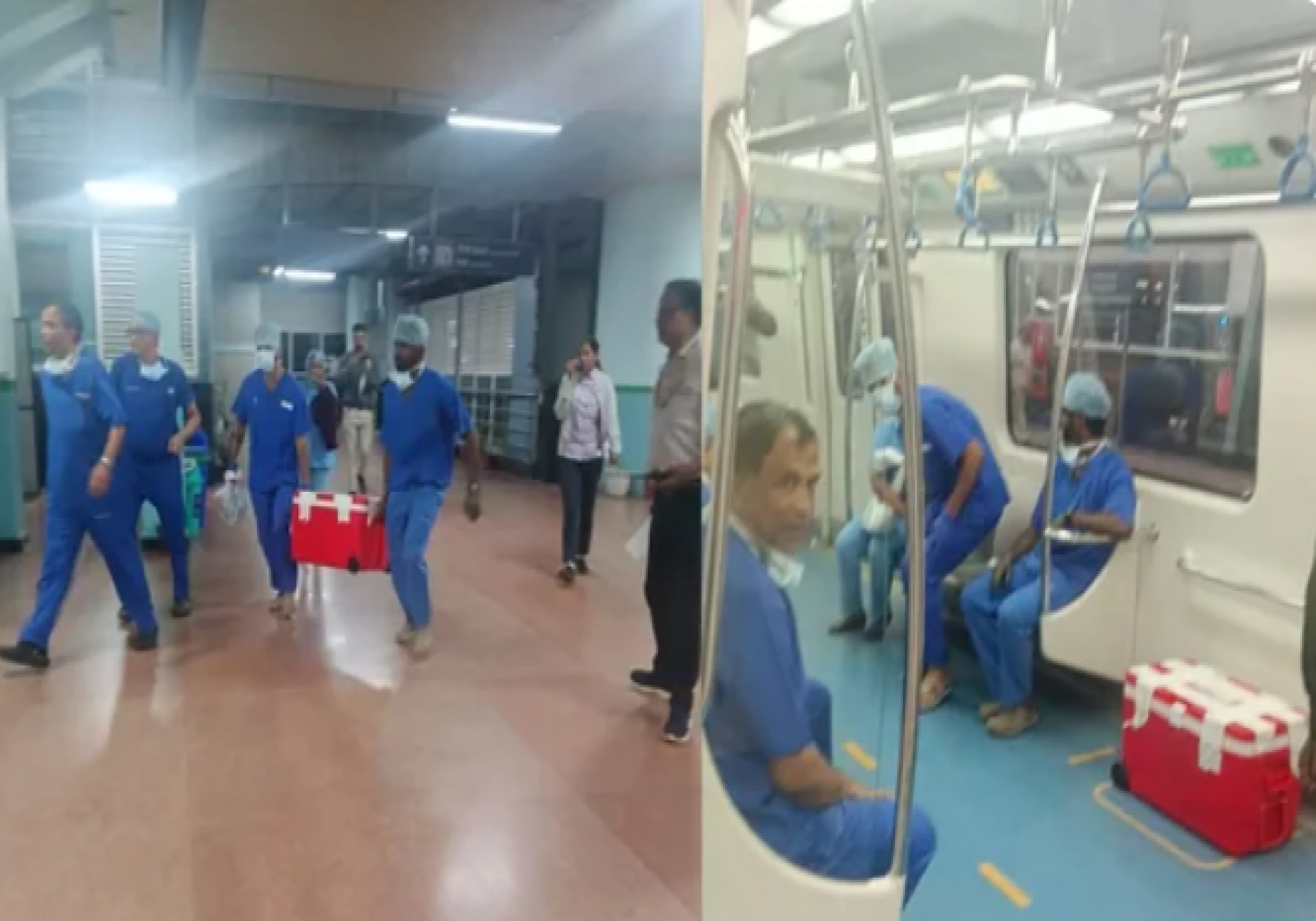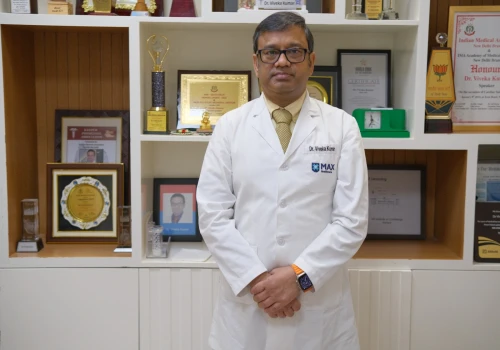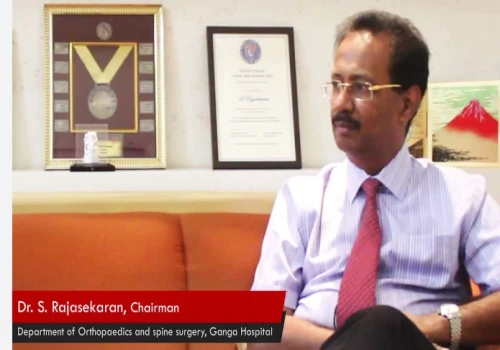
In a groundbreaking medical emergency response, Bengaluru Metro was used to swiftly transport a live human heart, saving precious time and a patient’s life.
The incident highlighted how urban infrastructure can be innovatively utilized in life-threatening situations. Doctors and organ transport authorities collaborated with the Bengaluru Metro Rail Corporation (BMRCL) to create a green corridor within the metro network. This ensured that the live human heart, harvested from a donor, reached the transplant hospital within record time, bypassing the heavy road traffic of the city.
Medical experts emphasized that every minute counts in organ transportation, as the viability of a heart outside the human body is extremely limited. The use of the metro drastically reduced travel duration, ensuring that the organ reached safely for the critical surgery.
Officials from BMRCL stated that they were proud to support such a noble cause, and the initiative has set an example for other cities to adopt similar strategies in emergencies. Citizens and netizens alike praised the quick coordination between doctors, metro officials, and the police, calling it a true symbol of humanity and progress.
This remarkable effort not only saved a patient’s life but also showcased Bengaluru’s adaptability in merging technology, healthcare, and infrastructure for public
welfare.




 (2)_500_x_350.webp)






